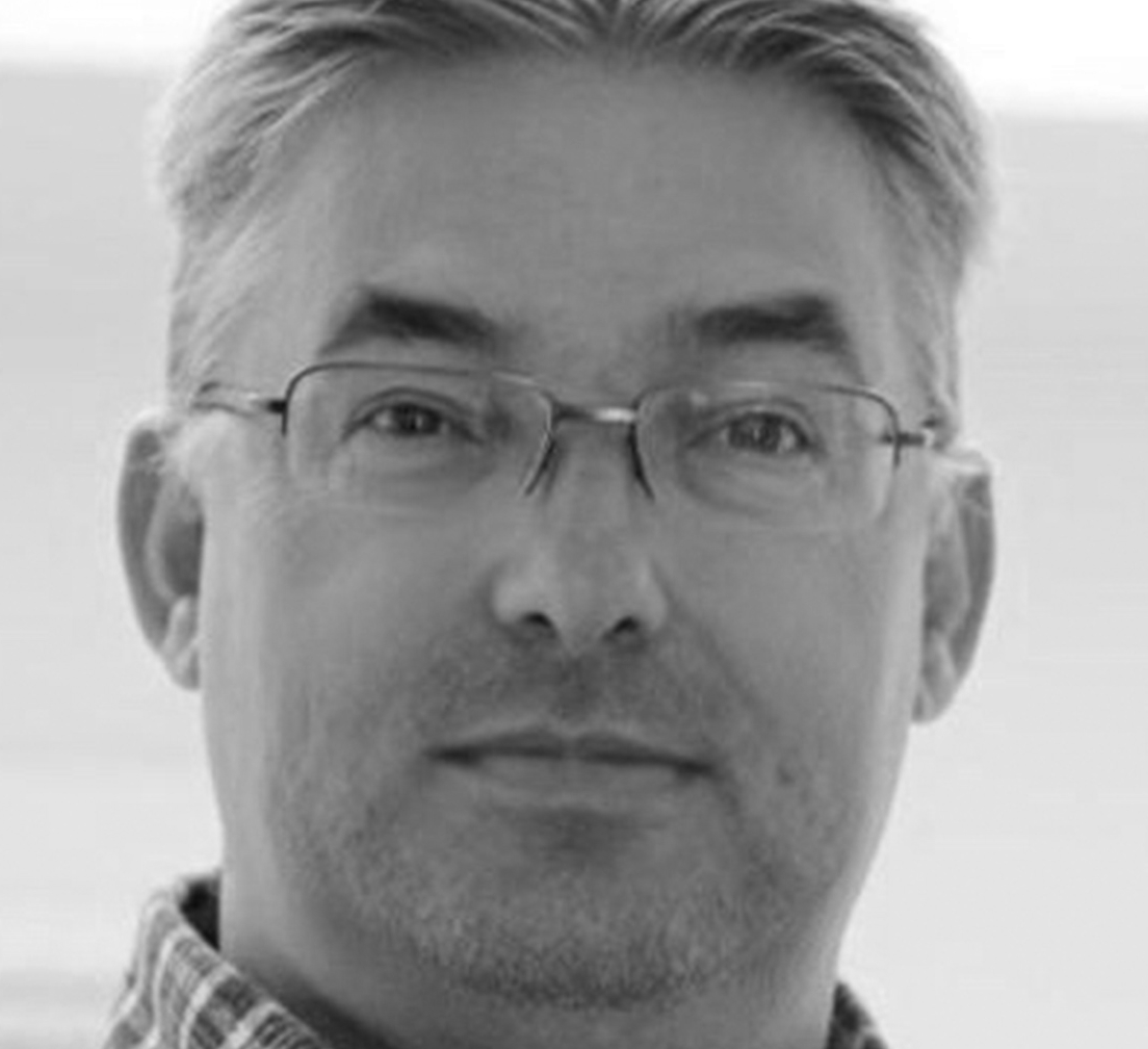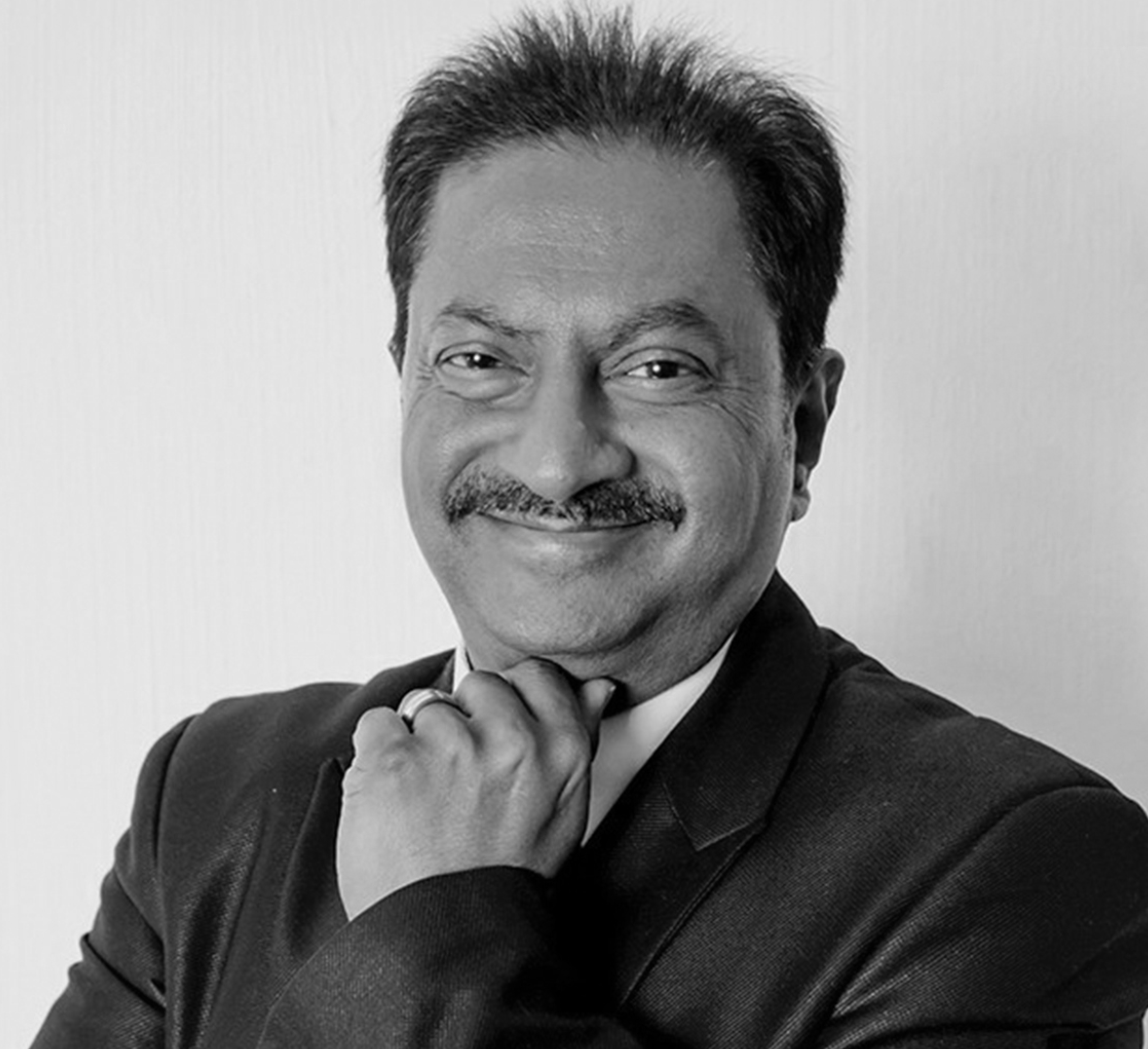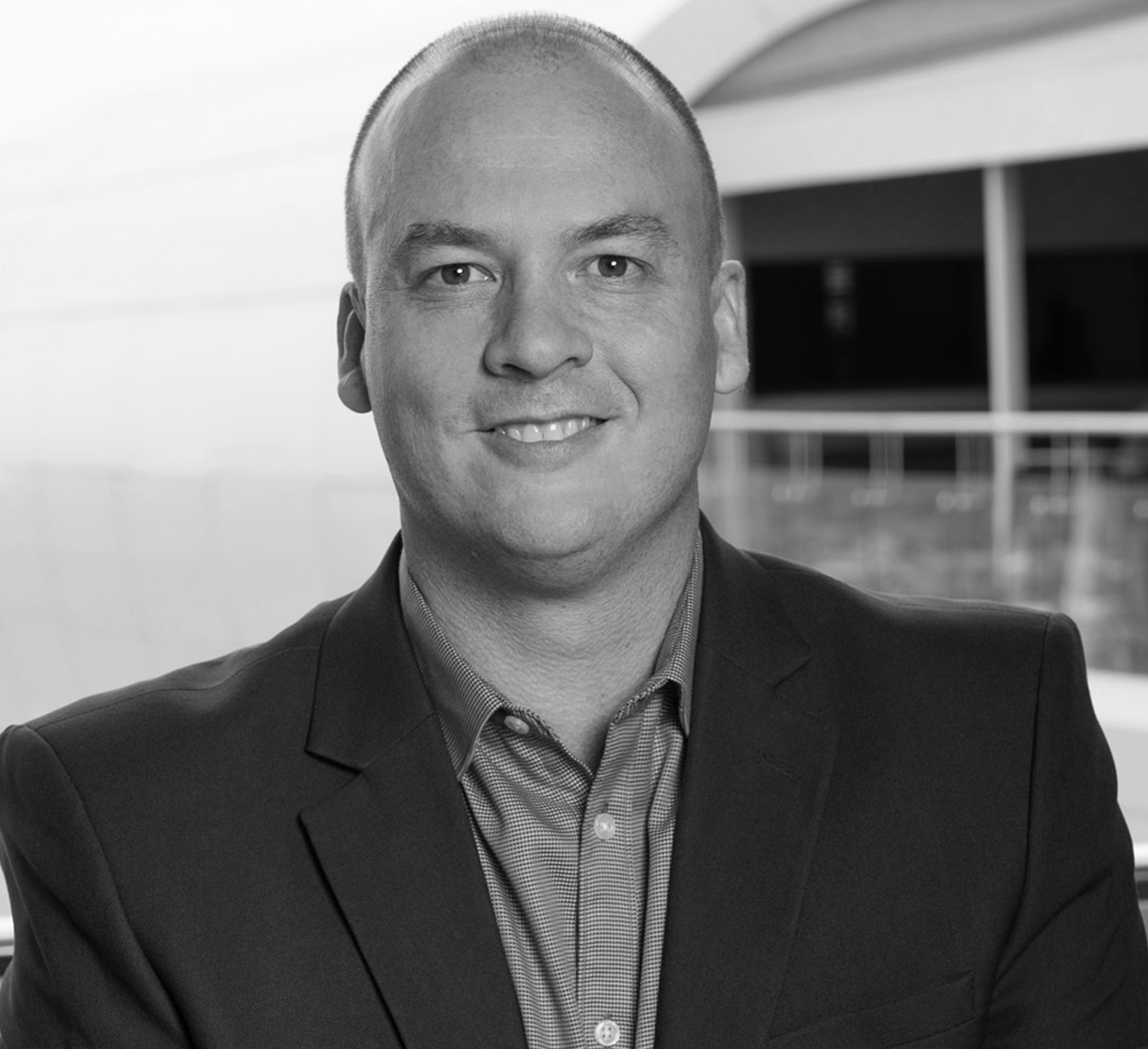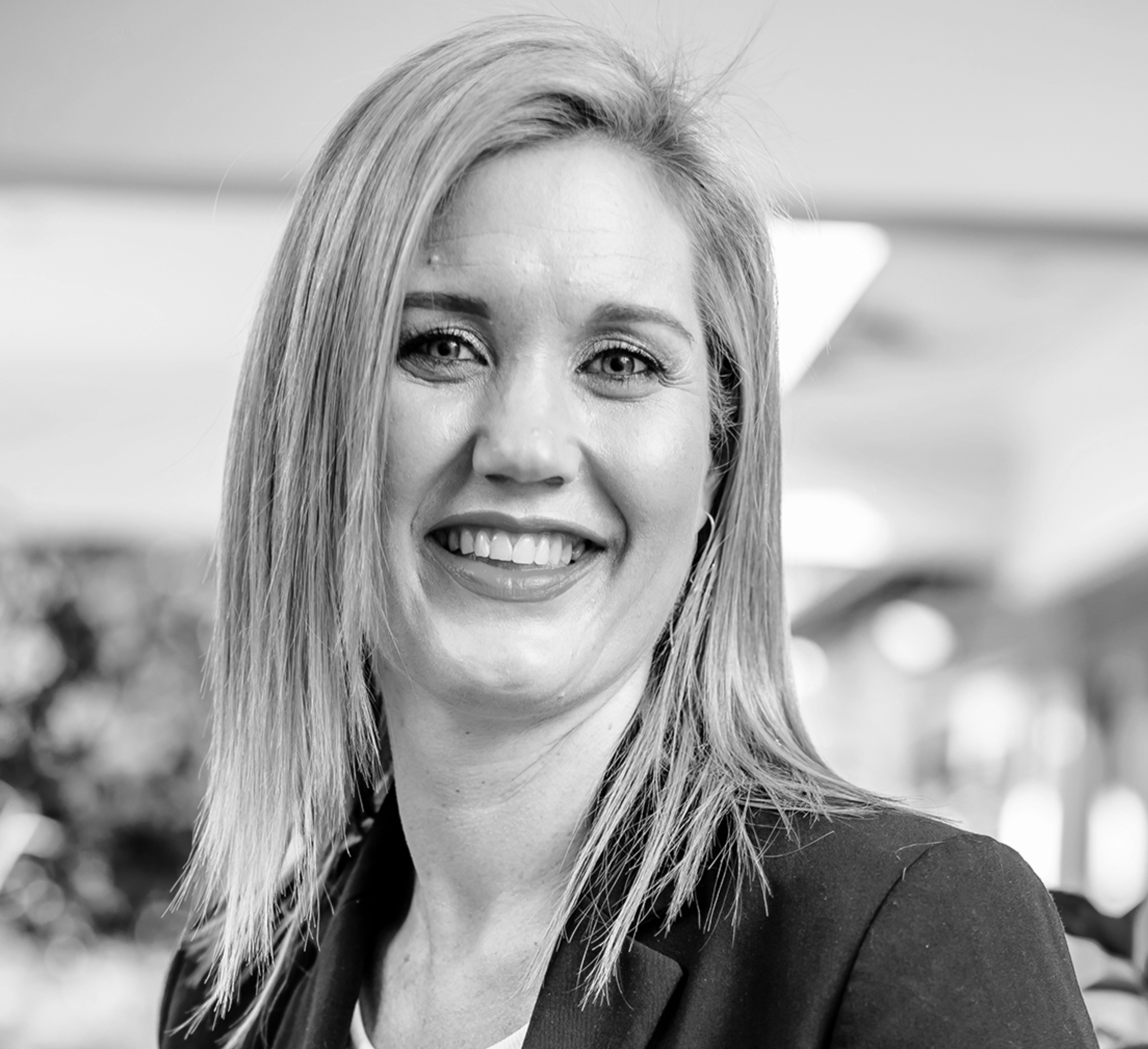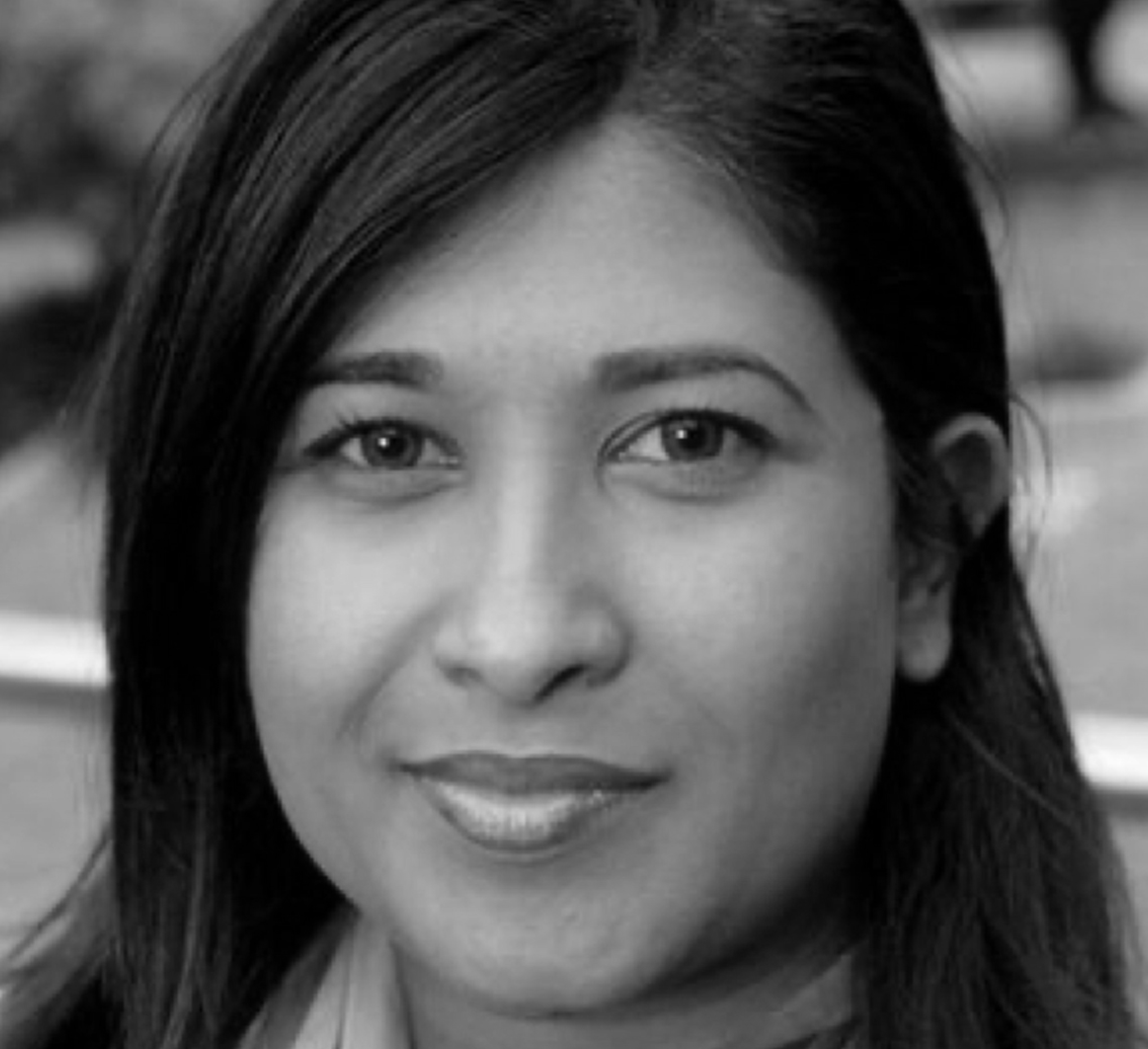93: Martin van Gorp
Chief Financial Officer: Sub-Sahara Africa – DSV
DSV’s CFO for Sub-Saharan Africa has worked around the world in the logistics sector, Martin van Gorp shares his experience and insights to working in South Africa for the past two years.

CIARAN RYAN: This is CFO Talks and I’m very excited today to be joined by Martin van Gorp, who is the Chief Financial Officer for DSV, in charge of the Sub-Saharan African region. We’re also joined by Nicolaas van Wyk, who is the Chief Executive Officer of SAIBA, that’s the South African Institute of Business Accountants, and he’s also area president for Africa for IAFEI, that is the International Association for Financial Executives Institutes. Welcome to both of you.
MARTIN VAN GORP: Thank you.
CIARAN RYAN: Martin, you’ve got a very interesting CV, you’ve got no less than three master’s degrees. You’ve got a doctorate focusing on accounting, mergers and acquisitions, business valuation, financial management, but you spent most of your life…
MARTIN VAN GORP: A lot of lost years.
CIARAN RYAN: A lot of lost years, I hope it was worth it, but it seems you’ve spent most of your life in transport and in logistics, so it’s a very interesting background. You are now based in Johannesburg. Tell us a little bit about DSV and what exactly it does.
MARTIN VAN GORP: DSV was founded in 1976, it was just some truckers together but because of acquisition after acquisition we are now the fifth largest transport and logistics company in the world, we are in more than 80 countries. It’s a big company, as I have already said, we’re in 80 countries, worldwide we have 60 000 employees. We operate through three legs, air and sea, road and solutions, we are very asset light because in logistics you don’t make high profits, you have low margins, so we are a very asset light company and we keep our fixed costs to a minimum.
CIARAN RYAN: I guess an obvious question from that would be how has the company been performing during the lockdown, obviously there’s been a drop in volumes.
MARTIN VAN GORP: Overall we can say that we are not performing badly during the Covid period. Also because of the measurements that we take, like I said, we have to keep assets light, we also try to be light in costs, so we try to be a very flexible organisation.
Financial management challenges unique to the logistics sector
CIARAN RYAN: I would imagine that there are certain accounting and financial management challenges that are unique to the logistics sector. Are there, in fact, differences that would separate you out from the likes of, let’s say, a retailing group?
MARTIN VAN GORP: Yes, when you have a logistics company, only mostly people who have ever worked in logistics hear about job costing, like the millions of goods going all over the world and entering homes in South Africa. Like I said, we are profit minded and that means that the margins are very, very thin, its 2% or 3%, so you have to ensure that you invoice for every package or container that you transport. So for that we have a job costing system that connects every transport and every supplier, so that we know that it’s paid and that we’ve received the money. So they know the exact job costing, it’s like project management.
CIARAN RYAN: Tell us a little bit about yourself, you’re Dutch, you explained that already, where you grew up and studied, you spent a lot of your life in the academy, so tell us a little bit about yourself.
MARTIN VAN GORP: I had my youth in the Netherlands, when I was young, I also lived in Libiya and Pakistan because of the work that my father did. When I was 19 years old, I had to join the military, as a UN soldier I went to Lebanon and after that period in Lebanon I started working on my academic degrees. First, I started with economy and then in later years [indistinct] that’s the secret of getting a lot of degrees, it got easy, you have pleasure in it and you get rid of the deficiencies that you have, shortcomings, because when you work as a CFO you can imagine that you also have acquisitions, take overs of companies, and then you don’t want to be in the hands of a Deloitte or PricewaterhouseCoopers that come and say the value is six times EBIT or something like that. You’ve got to have much more knowledge about it, so you develop yourself during the years and mostly also by acquisitions [indistinct] and studies.
CIARAN RYAN: So you’ve got three master’s degrees?
MARTIN VAN GORP: Yes.
CIARAN RYAN: Okay and one of these is in business valuation…
MARTIN VAN GORP: I have an MA, an MSc, an MBA, I have a MIPH, Master of Science, and Master of Business Valuation, and also a Doctorate Degree [indistinct].
NICOLAAS VAN WYK: Ciaran, if I can ask Martin a question. You mentioned something quite interesting just now, and that is throughout your career development and how you became equipped to be a CFO, finance executive. Usually when we interview CFOs, they reference their academic studies and they sometimes qualify as Chartered Accountants od CFO (SA) but we find, as you just mentioned, it’s that hands-on work experience that makes a successful CFO. Would you like just to expand on that?
MARTIN VAN GORP: No, totally, I know a lot of CFOs and they are good CFOs. For me, a CFO, what is the most important, when I start in a job I want to work together with people, and I know where my shortcomings are. Nobody can be good in controlling accounting, net working capital, tax and so on, because as a CFO you have to expand yourself, you have to have a view of the total pitch. Some people specialise when they become a CFO and they concentrate on a specific field because they know more about a specific field and that’s not who I am. When I came here…in the first month you don’t make any decisions, you talk with the people, you know their strengths. So some of the managers I took out and I replaced them with people who I thought would be a better manager, better at talking to people, more respect for people because at the end you want one thing and that’s trust, trust in your team, nothing else. I always say and I said yesterday to my people nobody here is the boss but at the end I make a decision [indistinct] but we are all experts in our field. That’s important, not having an ego but working together with your team.
Selling your viewpoints as a CFO
NICOLAAS VAN WYK: Would you describe the CFO as a general specialist, rather than just a person focusing on specifically only accounting or only…
MARTIN VAN GORP: Yes, for me a CFO and I must describe myself, for example, I am also more to the business a salesman, you know what I mean, you have to sell to the business. It’s not that you go to the MD and you say, this is it. No, you have to explain it and you have to translate your figures to his business, so you also have to have some knowledge about his business, not the knowledge that he has but you must have certain knowledge and to translate it. So you are a selling person at that moment. I almost see finance as [indistinct] car, we tell you how fast to drive, how to slow down or whatever but you have to sell it. It’s not the time anymore of the past and you come inside beyond the CFO and the CEO [indistinct] you have to sell it, you have to get the people behind you.
NICOLAAS VAN WYK: That is similar to the information we are getting from some of the other CFOs who are interviewing. Speaking from SAIBA’s perspective or the IAFEI, what we found was that there was a research paper that spoke about moving from CA to CFO, and they highlighted exactly what you are saying and tried to plot what are these competencies or skills, and eventually they ended up in a table of 34 competencies. Based on that and the feedback we got, SAIBA registered a designation for CFOs to actually showcase how you move from a finance specialist into a business specialist, especially the part that you just spoke about and that is how do you integrate your finance knowledge into the business so that they can benefit. I like the way you have positioned it as selling your viewpoints because there are so many facets within the business that all need to co-operate together. Thank you for that comment.
MARTIN VAN GORP: Very important, like I said, you’ve built a team and that you really co-operate because you’re doing it as a team, you have to trust each other and the specialists that they are. That’s important, plus respect and respect to others who you work with. For me, I can talk tomorrow with a bank director and I can talk also tomorrow to somebody who works in construction. My real friends are still the friends I had when I was ten years old and they are now truck drivers or whatever. Always stand with your feet on the ground, also as a CFO.
CIARAN RYAN: If I can jump in there, Martin, if we just talk for a minute on this subject about the changing role of the CFO. You’ve spent a lot of time in the logistics sector, you’ve worked in many different countries and you’ve already spelt out that you grew up, you spent time in Pakistan, you were in Libya, you were in Lebanon, you’ve been around the world. But as a CFO, how have you seen that role changing? Let’s just take the last decade, and I want to just frame that in the context of what we’ve seen happening in the accounting space with a lot of scandals going on worldwide in the corporate sector, where auditors are being called out for misstating financial statements. So is there a crisis in the sector and how have you seen the role of the CFO adapting to that?
MARTIN VAN GORP: I first start with the education phase, we always know that when you are older that it started at the beginning, what’s the most important for the company and at that moment it was profit, you must make profit. Later we saw the movement going to net working capital, cash was king. At this moment we are thinking more in shares, growing the value of the company. In that context you see also the changing of a CFO, how they are going to think. It’s not only the profit anymore and the cash, it’s everything together that you have to take to get a better value in the company. When you talk to me about what is happening in the market are you referring more to the accountants in the companies, I presume, or not?
‘A lot of CFOs are only doing accounting, nothing else, and have totally no knowledge about control’
CIARAN RYAN: Right, I’m talking about companies in general in the corporate sector.
MARTIN VAN GORP: You see in a lot of companies that when the company is getting too big or not well managed, the procedures in the company have to be followed. I always say to my people that it’s the easiest job that you can have, working in a company, just following the procedure, and ensure that people can’t take advantage of any procedure. So controlling all the things inside is very important, in that complex. How can I say it, it’s how you deal with your people, how close are you with your people, how closely are you monitoring controls and orders. Some people only manage their…a lot of CFOs are only doing accounting, nothing else, and have totally no knowledge about control. Control is one of the most important things in your company. Accounting is the end of everything.
CIARAN RYAN: That seems to be a viewpoint that we’re getting from a lot of CFOs. In fact, Nicolaas was talking about these different competencies, these 34 competencies that are expected of a CFO, very important amongst them is this question of human capital, it’s managing the team, which you’ve already mentioned, it’s how you interact and build your team. But there does seem to be an element that has to be created of building a culture of ethics within an organisation. This seems to be where when you talk about the big four accounting firms, it’s something that is very intangible, very difficult to measure is how do you build that culture of ethics, and maybe you can talk about that for a minute.
MARTIN VAN GORP: For me, I presume I know what you are saying, I am Dutch [indistinct] something simple, I was born in a country where everybody is free to say everything that you want, and we have totally no qualm with our ethics, for us there is no colour. But when I came to South Africa, you still see the difference, it’s decimal and for me that’s [indistinct]. The first thing that I did was to be closer to my people, to all the people. For me, the one who is working as a clerk or a manager is just as important. We are human beings, we talk about what happened at home and so on. So you have to be close to the people, that for me is very important, no distancing, there’s an open door policy.
CIARAN RYAN: So when, when it comes to building this culture of ethics, do you have policies internally in the company that there are very clear boundaries, very clear policies you have to follow, and those are monitored consistently?
MARTIN VAN GORP: Constantly, constantly, we have in our accounting group, we have also a group of internal auditors who are following that up. But, like I said, when you are close to the people and you’ve built up the trust, also the people must build up their trust in their leader, that he will take care of you and so on, and those sorts of things will not happen so quickly. We also have issues, we had issues one year ago and they will always be there but that’s also a learning curve.
CIARAN RYAN: Tell us a little bit about your experience having come from working around in different countries in the world to South Africa and just measuring the professionalism, the state of the accounting profession here. What were your impressions when you first arrived here? No doubt, you’ve been reading a lot of the stories in the press about state capture and about the involvement of accounting executives in that.
MARTIN VAN GORP: When I looked first at the management level, I’m impressed. I’m impressed also by the ministers you have here and the knowledge that they have, they are well educated people here in South Africa. But sometimes I’m also very surprised about the lack of decision-making that they have. In other countries there is more decision-making than what they have here in South Africa. That is just from having been here and having been in Europe. We are open in Europe, we say what we want to say but here they are somewhat more closed. That’s my opinion.
CIARAN RYAN: So you find the South Africans are a little bit more closed and less willing to communicate, than they are overseas. Do I understand you correctly?
MARTIN VAN GORP: No, they communicate, but I think that they are less decision-making and that I talk about management level, when you go to a director level they are very able to make decisions and they are very clear on that. You see really differences, directors, managers… people, in Europe you don’t see the difference so much, everybody talks, and everybody says their opinion.
‘Our controls are very tight, much tighter than you see in other companies’
CIARAN RYAN: Okay, let’s talk for a second about…you’re in a business that I would imagine your controls have to be fantastic. You’re working on very low margins, so, therefore, your costing has got to be absolutely exact. What technologies are you using? Has there been a big move to adopt technologies? There’s even been talk about employing blockchain in the logistics sector and I don’t know if you’ve been following that debate at all?
MARTIN VAN GORP: No, I didn’t follow that but, like I said, our controls…also when I came here and between then and now are much more tighter. But still people are very inventive when they really want to do something. But our controls are very tight, we have very committed staff and that’s also important to work in the logistics sector because, like I said, it’s low margins, but our controls are very tight, much tighter than you see in other companies.
CIARAN RYAN: I guess there are huge amounts of volumes, if you’re in the logistics sector there’s, traffic all over the place. Every single parcel has to be followed and you have to know where it is, right?
MARTIN VAN GORP: And every single parcel has to be invoiced, our system is so built on that, that you can follow every parcel and where it is, and who it belongs to and who we have to invoice.
CIARAN RYAN: Do you have an internally developed system for that, or have you taken something off the shelf?
MARTIN VAN GORP: Off the shelf but what we developed something further, SAP.
CIARAN RYAN: Oh, you use SAP, okay, and that’s working well?
MARTIN VAN GORP: It’s working well.
CIARAN RYAN: What I wanted to ask you before we wrap up here is just a couple of questions about academy and universities, are they adequately preparing CFOs for the role expected of them? Bearing in mind, they’re not just dealing with figures, you’re dealing with marketing, you’re dealing with HR, you’re dealing with a broad range of disciplines. Are the universities teaching adequately or are they preparing you adequately for the role of CFO, do you think?
MARTIN VAN GORP: At the academy they prepare you for a role as a finance person, a finance specialist. A CFO is something that you have to learn in years, and you have to put your ego aside. You mustn’t specialise yourself to a certain part of finance, have a broad mind and very important is how you get along with people, do you have knowledge of people. So it’s years of development and it’s also learning on the bad side, so every CFO has had a fraud case or whatever, you learn from that. There’s not an academy where you can learn that.
CIARAN RYAN: Yes, it is kind of surprising, you touch on that issue of fraud, when companies do come across that, and I agree, I think it has happened in virtually every company. Then, of course, it prompts you to review your systems, to make sure that this never happens again, and then you obviously look for other potential areas where it could happen. So I guess this is an ongoing battle?
MARTIN VAN GORP: That’s the most important thing that we are doing every day. Don’t forget, we are working here in Africa, we have people who have problems to feed themselves and their family, it’s also part of life here in South Africa. You know what I want to say, it’s not easy for those people, and it’s easier for those people to think, okay, maybe I try it.
CIARAN RYAN: Yes, I don’t know if it’s exactly a poverty issue, it’s more an opportunity issue, isn’t it?
MARTIN VAN GORP: Yes, but it’s also a poverty issue. The difference here in South Africa will always be between rich and [poor]. When you look in Europe, that difference is not so big. Here in Africa it’s huge, the difference, and then it’s very easy to come to the statement of, okay, I also want something.
CIARAN RYAN: I think let’s wrap it up, but one final question is what books would you recommend? It’s a question we ask everybody, and it doesn’t really have to be an accounting or a technical book, it can be for fun…
MARTIN VAN GORP: When I saw that question, for me I have only one book that I always give to my management and finance, sometimes I also give it to the MDs, it’s called Finance for Executives: Managing for Value Creation by Gabriel Hawawini. It’s a book about going into the valuation of a company in a clear way, it’s easy to read and it makes all the aspects of finance very clear for everybody. It’s a great book.
CIARAN RYAN: Finance for Executives, okay, and it can be understood by non-financial people?
MARTIN VAN GORP: Yes, it’s made for that, it’s made really for MDs, directors and so on.
CIARAN RYAN: Okay, and what did you like about that book, just the fact that it was communicated simply?
MARTIN VAN GORP: No, they talk about the valuation of a company and what aspects you have to pay attention to, make a very clear statement and a way of thinking about finance.
CIARAN RYAN: This is something that you studied at university is business valuation and there’s been a lot of discussion and a lot of papers written on that. It seems to be, I may be speaking incorrectly here, but it seems to be more art than science. I don’t know if you would agree with that?
MARTIN VAN GORP: No, it’s just using your knowledge, nothing else. But in Finance for Executives it is explained in a very easy way, how you can valuate a company, so to calculate the cost base is more important than, for example, the cash flow, net working capital.
CIARAN RYAN: Well, I think I’m going to run out and buy that book because it does sound good.
MARTIN VAN GORP: It’s a great book, read it and you will recommend it also to others.
CIARAN RYAN: Is there anything else you wanted to say? I interrupted you there.
MARTIN VAN GORP: No, nothing. The only thing I want to say is that everything I have said are my own views and my own opinion after being in Africa for two years.
CIARAN RYAN: Right, well, we appreciate that and thanks for sharing those insights. It would be great to stay in touch with you and talk to you again in a few months when, when things are settled a little bit more with the Covid lockdown. Let’s get you back on and just see how things are going, but I’m particularly interested in the logistics sector because it is often from an economics point of view, it is seen as an early indicator of performance, you start seeing inventories building up and logistics would then reflect that, would that be a fairly accurate statement?
MARTIN VAN GORP: That’s an accurate statement. We see that in South Africa people have got their hands on their money at the moment.
CIARAN RYAN: Martin van Gorp, thank you very much for joining us and we really do appreciate getting your insights into that, and also your thoughts about the changing role of the chief financial officer and the different disciplines that have been required of CFOs today. We really want to thank you and please come back again and talk to us in the future.
MARTIN VAN GORP: Thank you very much.

